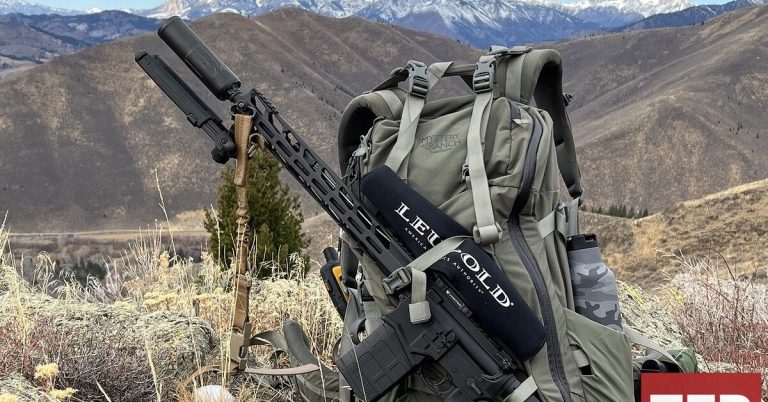Armored Republic Holdings, LLC (d/b/a Armored Republic) is suing New York State over its body armor ban.
The case is challenging a New York law that bans body armor. Shortly after the Buffalo supermarket shooting, the New York legislature introduced a bill to ban body armor in the Empire State. On June 6, 2022, the bill passed. Less than a month later, on July 1, Governor Cathy Hochul signed the bill into law. A week later, on July 6, the law went into effect. Although the law banned body armor for civilians, there are exceptions. Police officers, military personnel, and certain security professionals were still allowed to own body armor. Who qualifies to own body armor fell to the sole discretion of the New York Department of State.
Anyone caught with unauthorized body armor in New York State will be charged with a misdemeanor for the first offense. If an individual is caught with a subsequent offense will be charged with a class E felony. Anyone caught selling or transferring body armor in the state will be charged with a class A misdemeanor for the first offense. The person will be charged with a class E felony for subsequent offenses. The unlawful wearing of body armor is a class E felony.
Live Inventory Price Checker
The lawsuit challenges New York State law on Second Amendment grounds. According to the suit, the Second Amendment applies not just to firearms but also to body armor. The Supreme Court wrote in the Heller decision that the Second Amendment also applies to the “armor of defense.” The Justices wrote that the Second Amendment applies to “anything that a man wears for his defense[.]”
“The right to ‘bear arms’ refers to the right to ‘wear, bear, or carry . . . upon the person or in the clothing or in a pocket, for the purpose . . . of being armed and ready for offensive or defensive action in a case of conflict with another person,’” the suit reads.
The case also points out that the Second Amendment applies to keeping and bearing arms as well as the ability to acquire arms. By banning the sale of body armor in the state, New York could be violating the Second and Fourteenth Amendments. Before the Fourteenth Amendment, states argued that the Constitution only applied to the federal government. The Fourteenth Amendment cleared up the argument. It affirmed that the Constitution bound the states.
The case also argues that “the people” refer to everyone. Armor Republic claims that by carving out a caveat of exceptions for a particular class of people, New York State violates the Constitution. The definition of “the people” is clear and has been confirmed in multiple legal cases. However, the federal government has been trying to challenge the definition of “the people” in several instances, but nothing leads legal scholars to believe it will be successful.
Armor Republic states that any law on arms must be consistent with the text, tradition, and history of the Second Amendment. Under the Bruen framework, New York State must provide historical analogs from the founding era that show that the body armor ban is consistent with the Second Amendment. The state will have a hard time finding any examples.
New York State will probably argue that body armor technology didn’t exist during the founding era. To head off this argument, Armor Republic lists a history of body armor dating back to 1181. The breakdown is extensive and convincing. The argument shows that body armor during the founding era was known and in wide circulation. These facts show that the founders chose not to ban body armor and thus created a tradition of civilian-owned body armor.
The Plaintiffs are asking the courts for injunctive relief from New York State enforcing its body armor ban law. They also want New York to cover all legal fees and any other relief the courts feel is appropriate.
About John Crump
John is an NRA instructor and a constitutional activist. Mr. Crump has written about firearms, interviewed people from all walks of life, and on the Constitution. John lives in Northern Virginia with his wife and sons. Follow John on Twitter at @crumpyss, or at www.crumpy.com.



















